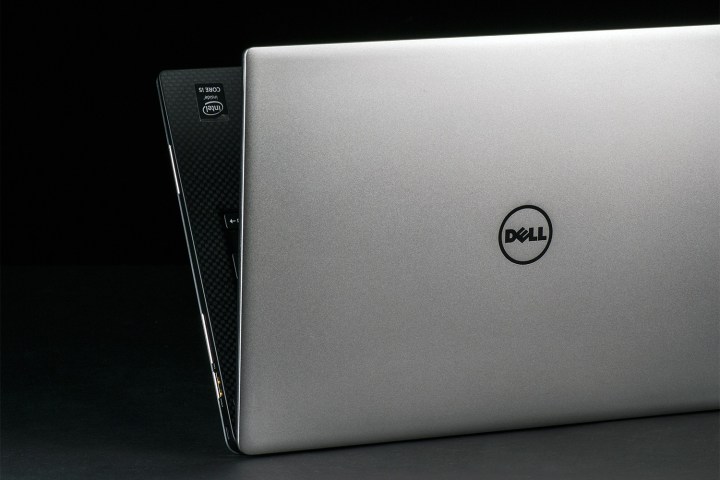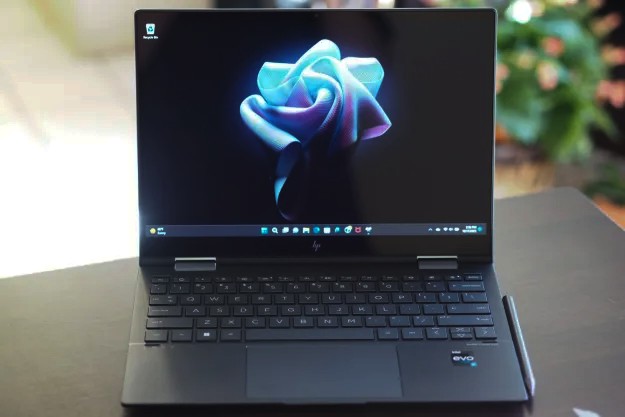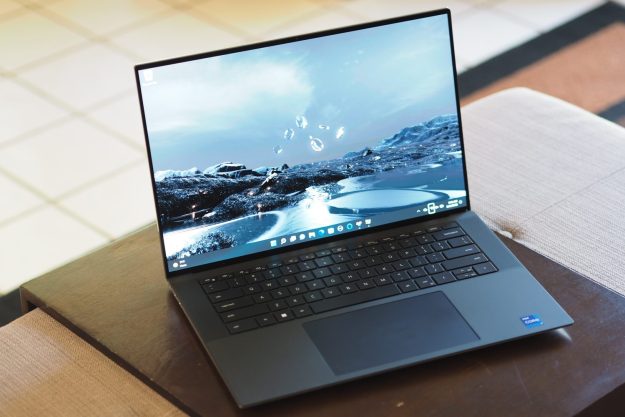
Since their introduction in 2012, Dell’s Project Sputnik laptops have delivered a unique Linux experience in the form of well known, otherwise Windows PCs. The XPS 13 Developer Edition will be no exception. In fact, it will be the only compact Linux laptop using a Skylake chip from the top five PC makers.
And, since this year’s rendition of the XPS 13 Developer Edition is well on its way, or “closer to shipping” as Dell’s senior technologist, George Barton, wrote in a related Google+ post, the older Broadwell-based models are being discounted to reflect the market changes.
Though Dell has neglected so far to reveal a release date and pricing information for the new dev-branded XPS 13, if the Windows 10 version is anything to go by, we can expect models to start at around $800. The current XPS 13 Developer Edition, however, starts at $1,050 as it ships with an i5 processor rather than an i3.
Dell first started experimenting with Project Sputnik back in 2012, when it decided that convertible notebooks would serve as a fitting home for the open-source operating system.
It is worth noting that if you have a Windows version of the Skylake-powered XPS 13 in your hands right now, you could easily install Ubuntu yourself, effectively creating your own Developer Edition. As PC World reports, an Intel representative stated in the past that any Skylake chip running Windows is also capable of running Linux. Intel doesn’t optimize its chips for any particular operating system, so unless for some reason you need Ubuntu pre-installed, you would be just as well off buying the Windows edition now and installing it yourself.
Unfortunately, we don’t know yet just how Intel RealSense features such as facial recognition, fingerprint scanning, and other biometric login procedures are going to make the transition to Linux. It will be up to the ardent open-source community to give the XPS 13 Developer Edition a unique edge over its Windows counterpart.
Editors' Recommendations
- Dell XPS vs. Dell Latitude: here’s how to decide
- Dell just hit reset on the XPS
- The Dell XPS 15 has one major advantage over the MacBook Pro
- The one other Windows laptop that could dethrone the Dell XPS 15
- Dell XPS 15 vs. XPS 17: high-performance siblings duke it out


